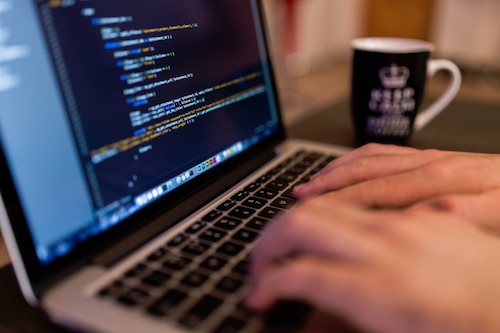Sometimes after upgrading RubyMotion I face some bugs introduced in the new release. It can be bugs which can easily be worked around or really annoying bugs that will be pain in the ass in a daily work.
In this case most of the times I choose to downgrade RubyMotion rather than waiting for a new release or patching it locally.
Downgrading RubyMotion consists in fact of creating a new copy of the toolchain in a new directory then use it in projects. Let’s say you want to downgrade to RubyMotion 3.7:
$ sudo motion update --cache-version=3.7It will install the toolchain in /Library/RubyMotion3.7. It’s now possible to use it in a given project by editing the Rakefile and changing this line:
$:.unshift("/Library/RubyMotion/lib")by
$:.unshift("/Library/RubyMotion3.7/lib")Ok that’s nice. We’re now able to use the old release and the new one but we have to specify it per project.
But what if your teammates have not upgraded but you commited this change to the Rakefile? They won’t be able to use the project anymore since they don’t have the new directory.
When I really want to downgrade – not having two versions of RubyMotion available locally – I install the older version using the command we’ve seen before then I move it into the usual path:
$ sudo mv /Library/RubyMotionX.Y /Library/RubyMotionThere’s one gotcha, you’ll have to “activate” your license again since your /Library/RubyMotion/license.key file has been deleted in the operation:
$ motion activate your_rubymotion_license_keyIf you really need the new stuff but you encounter a bug you can easily clone a copy of RubyMotion and patch it locally to fit your needs. Steps to do so are documented in the README.
Share on
Twitter Facebook LinkedInHave comments or want to discuss this topic?
Send an email to ~bounga/public-inbox@lists.sr.ht


